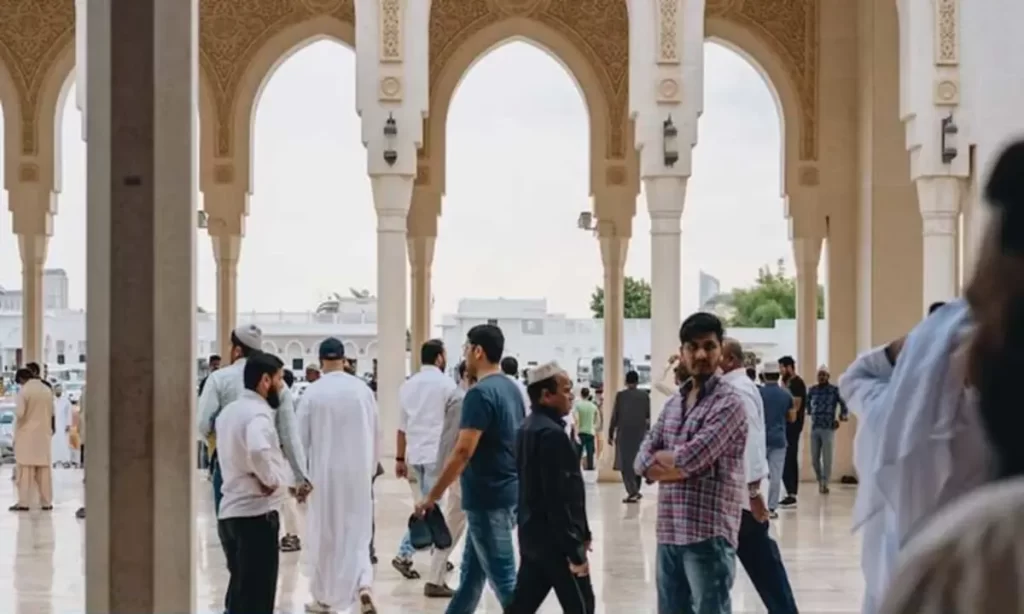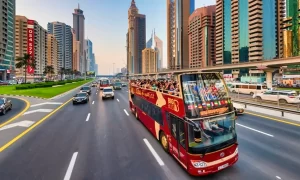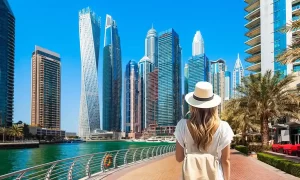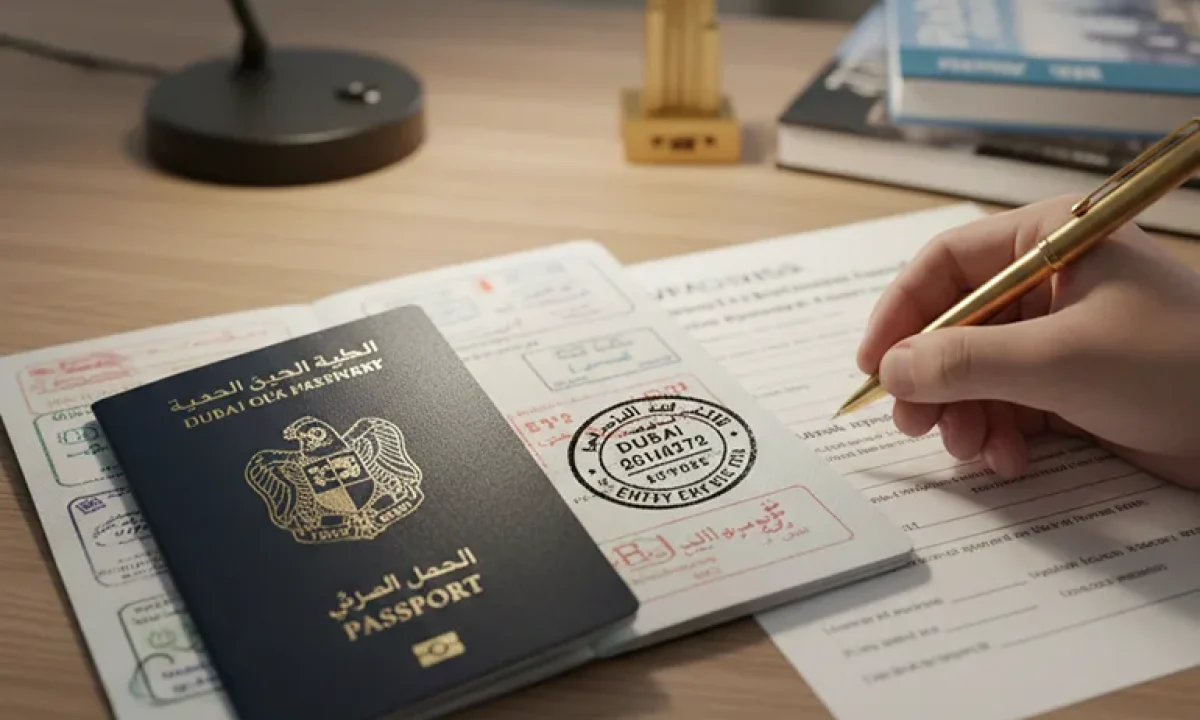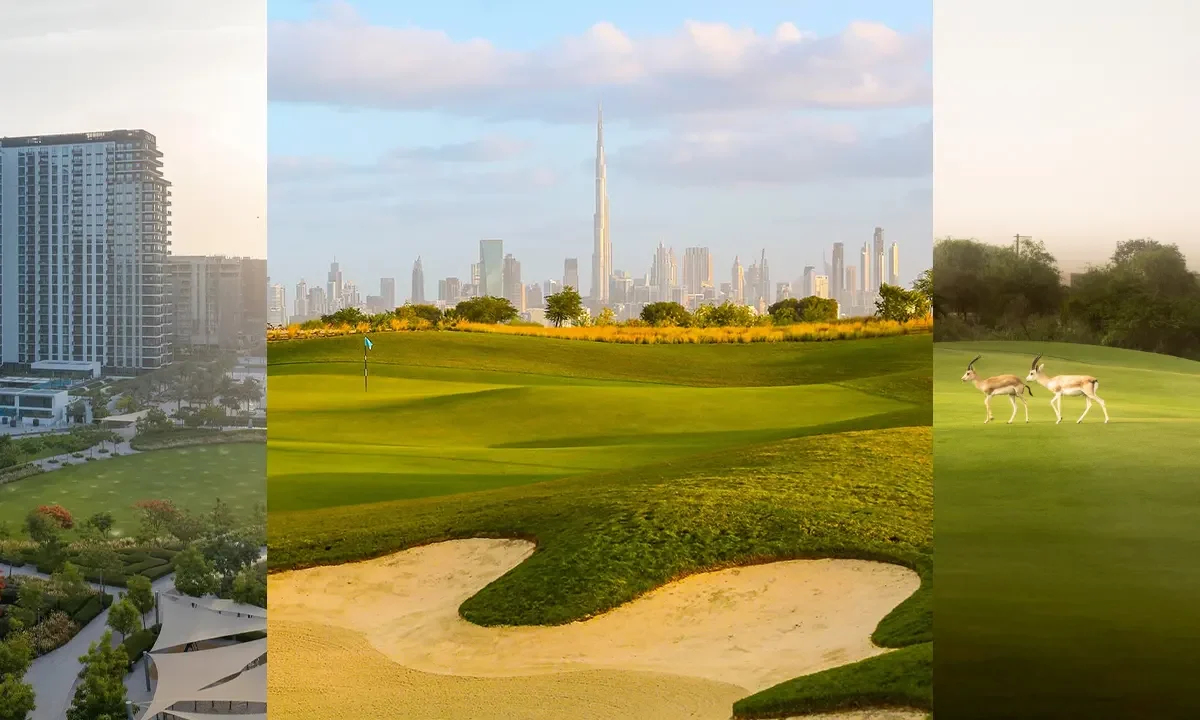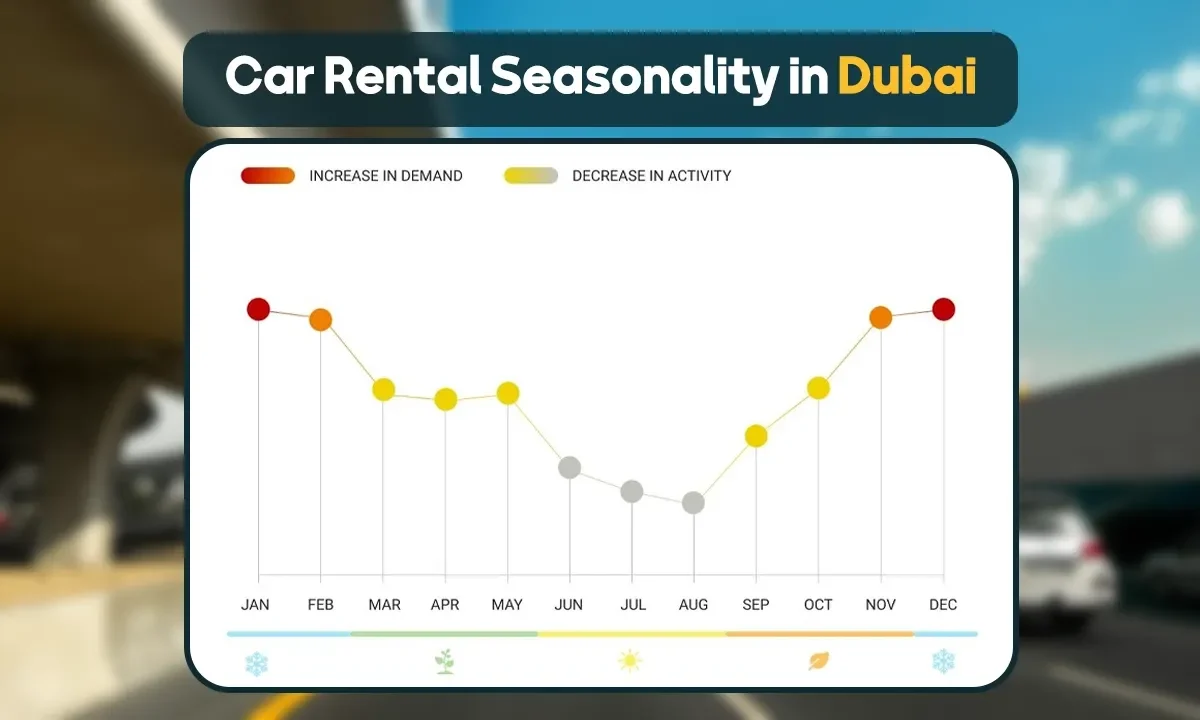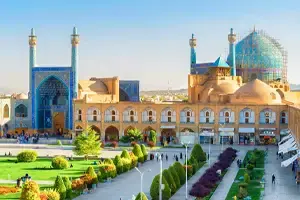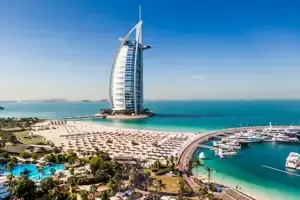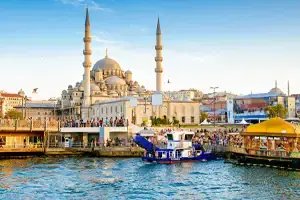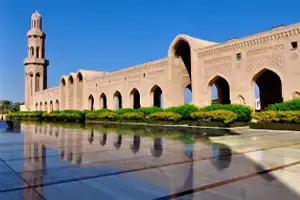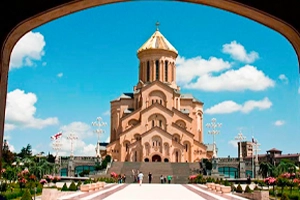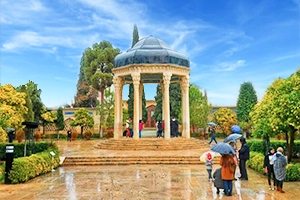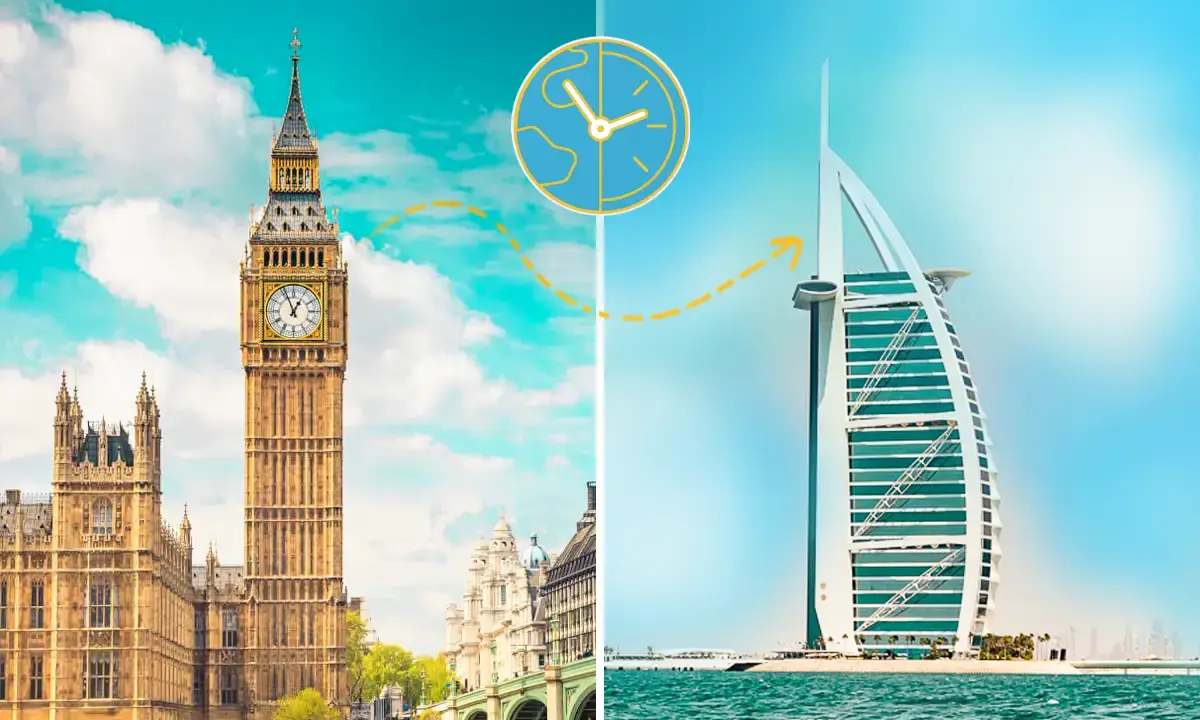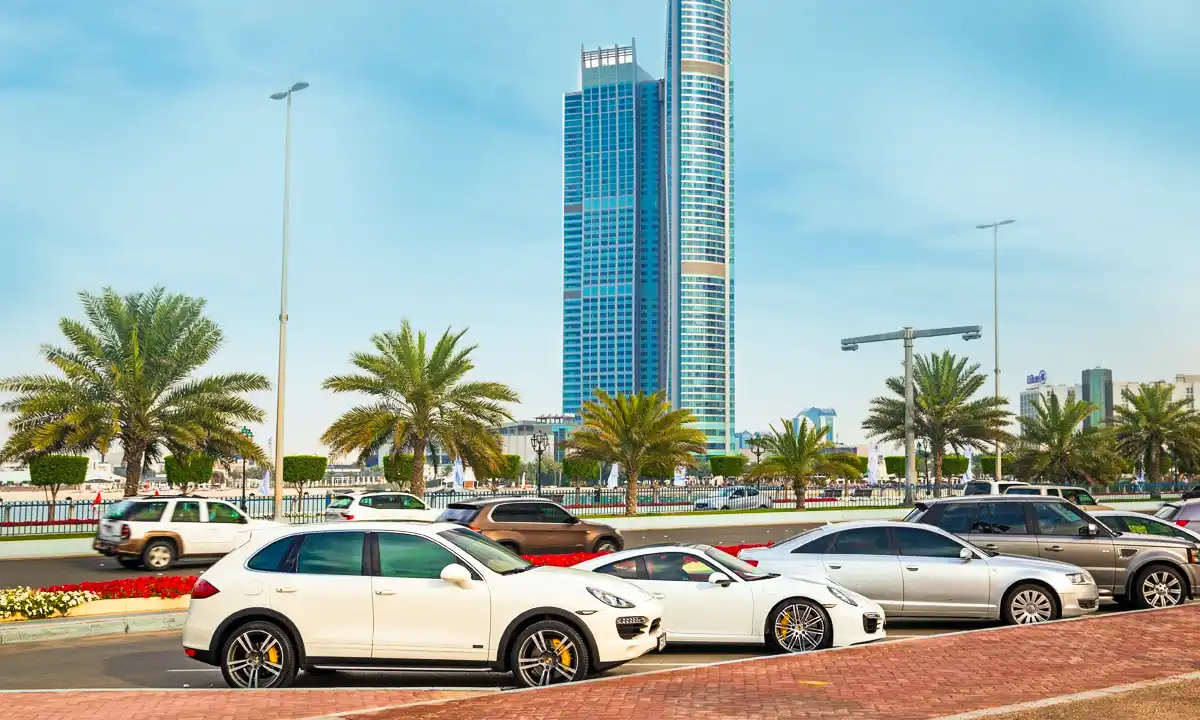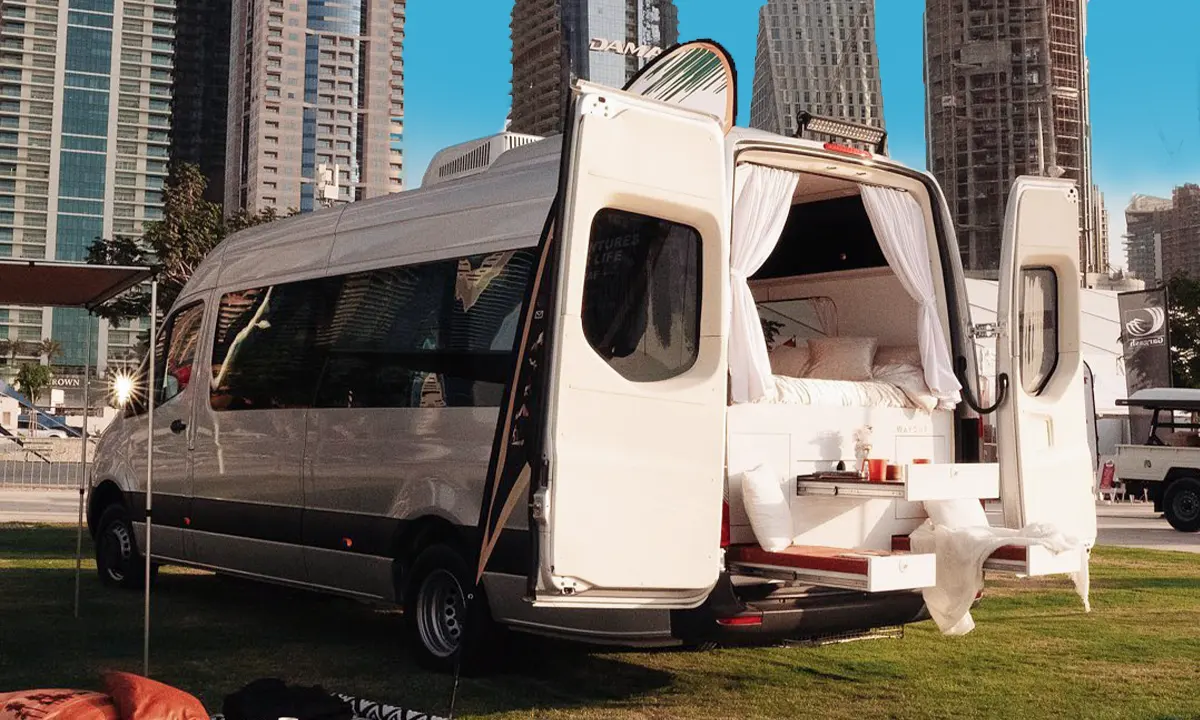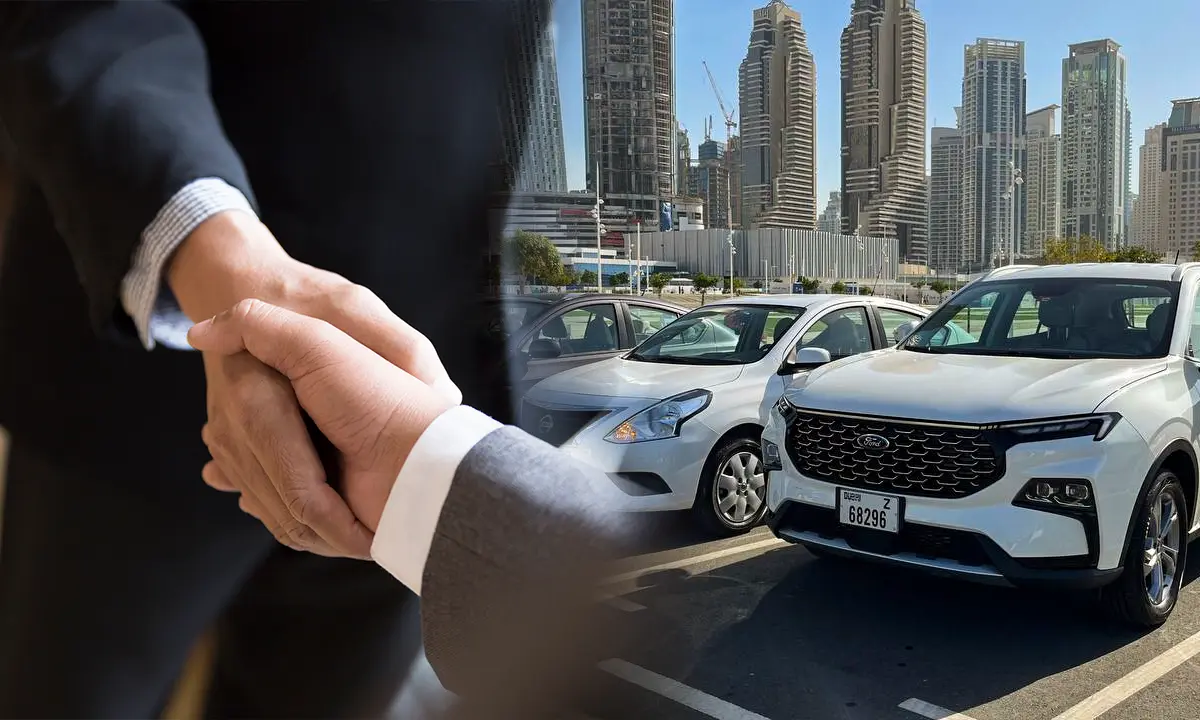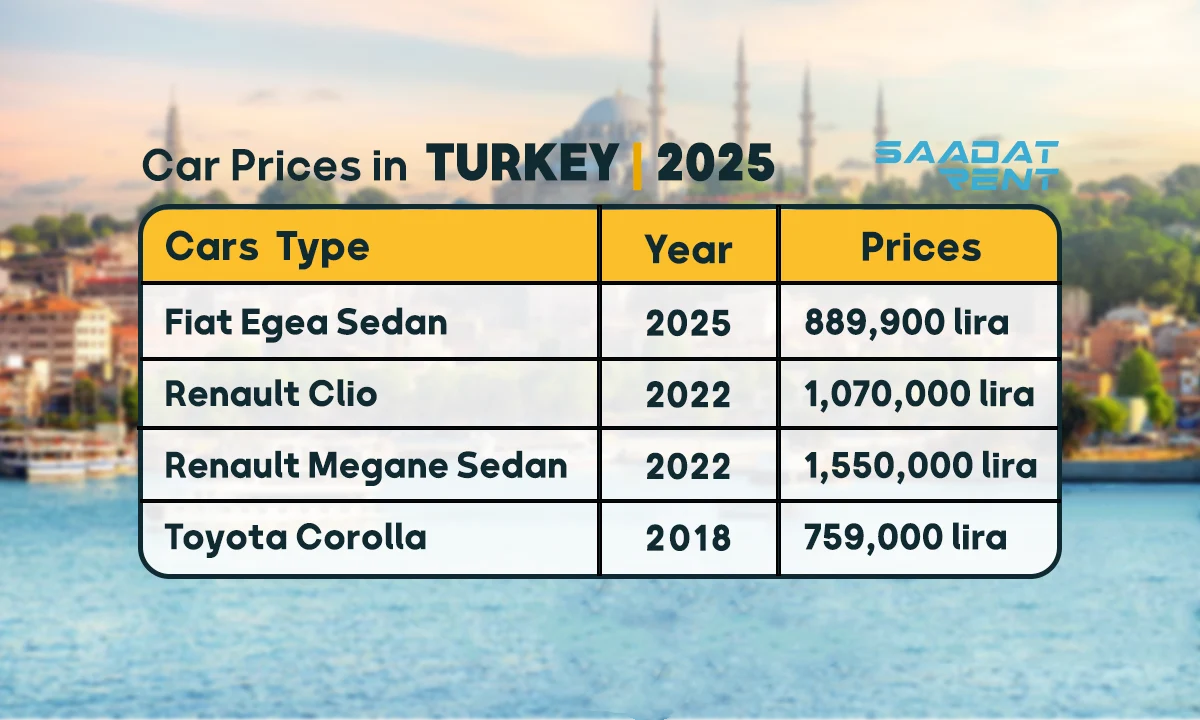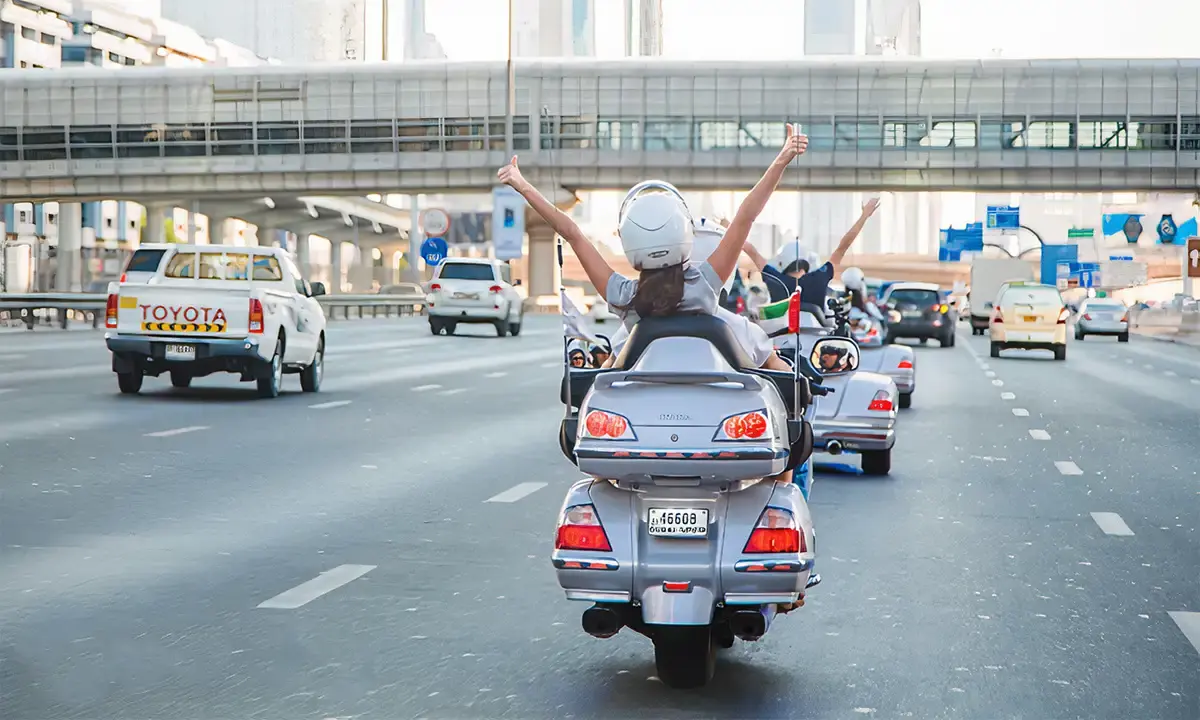What language is spoken in Dubai? Arabic is the official language in Dubai. As a result, it is recommended that visitors know a little Arabic throughout their journey to Dubai. English, Hindi, Persian, Urdu, and Malay are among the other foreign languages spoken in the UAE, in addition to Arabic. The United Arab Emirates (UAE) is a federation comprising seven emirates located along the Persian Gulf, bordered by Saudi Arabia and Oman. With a total population of approximately 10 million, only about one million are Emirati citizens. Expatriates make up over 84% of the population, reflecting the UAE’s diverse and international community.
How many languages are spoken in the UAE?
- Arabic (official language)
- English
- Hindi
- Urdu
- Malayalam
- Tagalog
- Persian
What is the official language of Dubai?
Arabic is the official language of Dubai, as established with the formation of the United Arab Emirates in 1971. As we discussed earlier, Arabic not only serves as the primary language in Dubai but also holds significance as a major Middle Eastern language. It is the native language for the vast majority of the UAE’s residents. Arabic is a Semitic language with a rich history and diverse regional dialects. Within Dubai itself, you can hear variations such as Egyptian Arabic, Syrian Arabic, Moroccan Arabic, Lebanese Arabic, and other less common dialects.
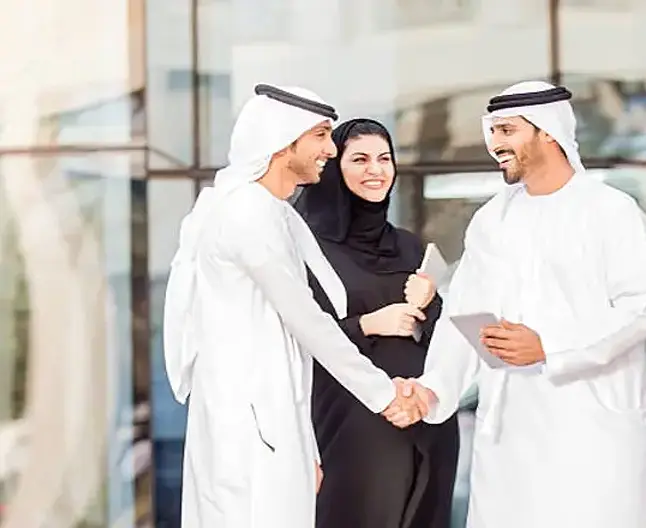
Dubai's Languages, More Than Just Arabic?
Arabic is the primary language spoken in Dubai, but the city’s global hub status means several other languages are commonly used. Home to over 150 ethnicities, Dubai embraces a rich tapestry of cultures, necessitating intercultural communication. English, in particular, is prevalent and functions as a lingua franca for most residents. Therefore, in response to whether English is spoken in Dubai, the answer is a resounding yes.
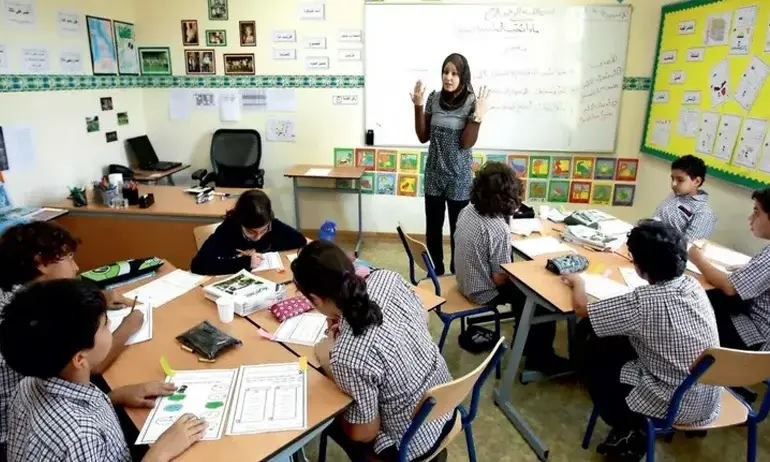
Is Hindi spoken in Dubai?
Yes, Hindi is widely spoken in Dubai due to the significant Indian expatriate population. This community has a substantial influence on the city’s cultural and social landscape, making Hindi prevalent in various settings.
- Business: Hindi is commonly used in trade, retail, and customer service sectors, especially in areas with a high concentration of Indian businesses. Understanding Hindi can be beneficial for networking and transactions within these communities.
- Media and Entertainment: Dubai hosts several Hindi radio stations, television channels, and publications, reflecting the language’s prominence among residents. Bollywood films and music are popular, and events often feature Hindi-speaking artists.
- Cultural Integration: Knowing Hindi can enhance interactions in multicultural settings typical in Dubai, where festivals, religious ceremonies, and social events might involve the Indian community.
- Education: Several schools in Dubai offer courses in Hindi, catering to the Indian diaspora, ensuring language and cultural continuity for the next generation.
For anyone living in or visiting Dubai, a basic understanding of Hindi can be an asset, enriching the experience in this diverse metropolis.
Telugu and Malayalam Are Also Used in Certain Situations
Arabic is the most commonly spoken language in Dubai, according to current statistics. However, English is also widely used, making it the second most prevalent language in the city. While Malayalam is spoken by a minority of residents, it is not among the most widely spoken languages in Dubai. Consequently, Arabic and English serve as the official languages of the UAE. Meanwhile, Telugu, part of the Dravidian language family, is predominantly spoken in Southern India. It is the official language of Andhra Pradesh, one of India’s largest states, and is also spoken in various parts of Eastern and Central India, as well as in Sri Lanka.
So, when the question “What language is spoken in Dubai?” comes to you, pay attention to these languages as well. Maybe you know one of them!
Urdu and Persian Languages in Dubai
Urdu and Persian are two of the many languages spoken in Dubai, reflecting the city’s rich multicultural landscape. Both languages have significant speaking populations due to the presence of large South Asian and Iranian communities respectively.
- Urdu: This language is primarily spoken by the Pakistani community and parts of the Indian community in Dubai. Urdu is prevalent in social, cultural, and religious contexts and is also featured in local media and entertainment. Urdu speakers contribute to various sectors in Dubai, including business, healthcare, education, and technology.
- Persian (Farsi): The Iranian community in Dubai speaks Persian, maintaining cultural and linguistic ties to Iran. Persian is used in business transactions, particularly in the trading and hospitality sectors, and in cultural festivals and Iranian schools in the city. Dubai’s historical trade relations with Iran have facilitated a continued presence of the Persian language in business and cultural exchanges.
Both languages enrich Dubai’s cultural diversity, providing linguistic and cultural connections that support a vibrant expatriate community. Knowing Urdu or Persian in Dubai can open social and professional doors, and enhance one’s experience of the city’s cosmopolitan ethos.
Do I need a translator in Dubai?
We must respond to this question by saying that it is fully dependent on you. We must decline your application if you speak Arabic, English, a little French, Hindi, or another language spoken in Dubai. But if you do not speak any of these languages, you will struggle in Dubai. As a result, engage a translator so that you may do all of your chores with ease.
How much does an interpreter cost in Dubai?
In Dubai, for professional interpreting services, prices often start at around $30 to $50 per hour. However, for specialized or certified interpreters, particularly those who handle legal, medical, or technical translation, rates can start higher, typically around $60 to $100 per hour. Day rates, which cover about 8 hours, could range from $240 to $800, depending on the complexity of the job and the interpreter’s expertise. To find the best option, it’s advisable to visit various translator websites, review their terms and services, and then select a translator that fits your requirements and budget.
Last Word
In conclusion, while Arabic is the official language of Dubai, the city’s cosmopolitan nature has embraced a rich tapestry of languages, underscoring its role as a global hub. English, widely spoken across the city, serves as a lingua franca, facilitating communication among the diverse expatriate community. This linguistic diversity is a cornerstone of Dubai’s cultural landscape, offering both visitors and residents a sense of familiarity. What is the language of Dubai? Primarily Arabic, but the city’s language scene vividly illustrates its international identity. Whether for business, tourism, or everyday life, the array of languages spoken here highlights what is the language of Dubai in practice: a dynamic mix that bridges cultures. What is the language of Dubai, then? It’s a blend that fosters understanding and connection among its cosmopolitan populace.
FAQ
Arabic is the official language, but English is widely spoken and used in business, tourism, and daily communication.
Yes, English is sufficient for navigating the city, booking hotels, shopping, and interacting with locals and expats.
Dubai is home to a multicultural population including people from India, Pakistan, the Philippines, Europe, Africa, and the Americas.
Most public signs, menus, and transportation directions are written in both Arabic and English.
Yes, most Emiratis speak fluent English, especially in business, government, and tourism sectors.
Yes, English is widely spoken in Dubai and is the main language used in business, tourism, and daily communication.
Yes, many jobs in Dubai—especially in tourism, hospitality, and international companies—require only English, though additional languages can be a plus.
The top three languages spoken in Dubai are Arabic (official), English (widely used), and Hindi/Urdu (due to the large South Asian population).
